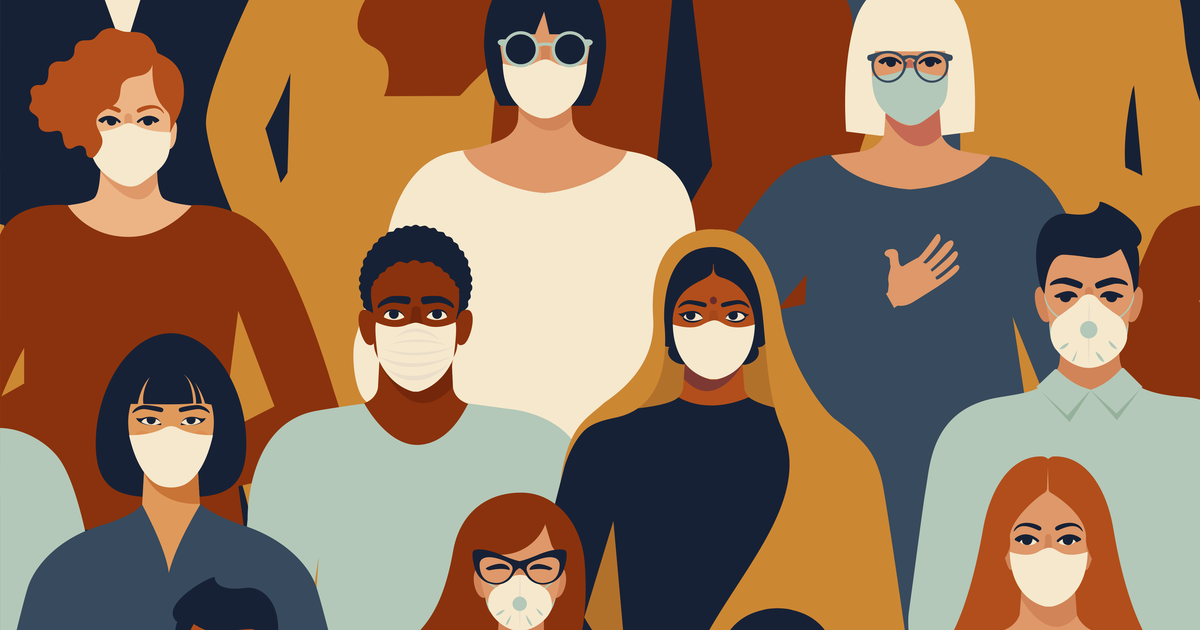Almost half of adults reported discrimination during the COVID-19 pandemic, according to a University College London (UCL) study.
Based on the UCL study, the most prevalent form of discrimination during COVID-19 was attributed to being treated with less courtesy or respect than others. Feelings of being threatened and harassed, having people act as if afraid of them, and experiencing poorer service in public settings are other common forms of discrimination studied.
The UCL study also found that ethnic minority groups and younger adults were more likely to experience discrimination. Women were also more likely than men to have been discriminated against during the COVID-19 pandemic.
“Our report shows a worrying increase in discriminatory behavior during the COVID-19 pandemic,” said the study’s lead author in a news release. “There are numerous possible causes for this, including news coverage implying certain groups are less likely to have been vaccinated, to be following rules, or more likely to be carrying the virus.”
“People are also naturally more likely to assume that other groups and individuals are breaking the rules more than they are, especially as personal rule-breaking is seen as justifiable due to circumstance, but less leeway is given to others, especially in different groups.”


